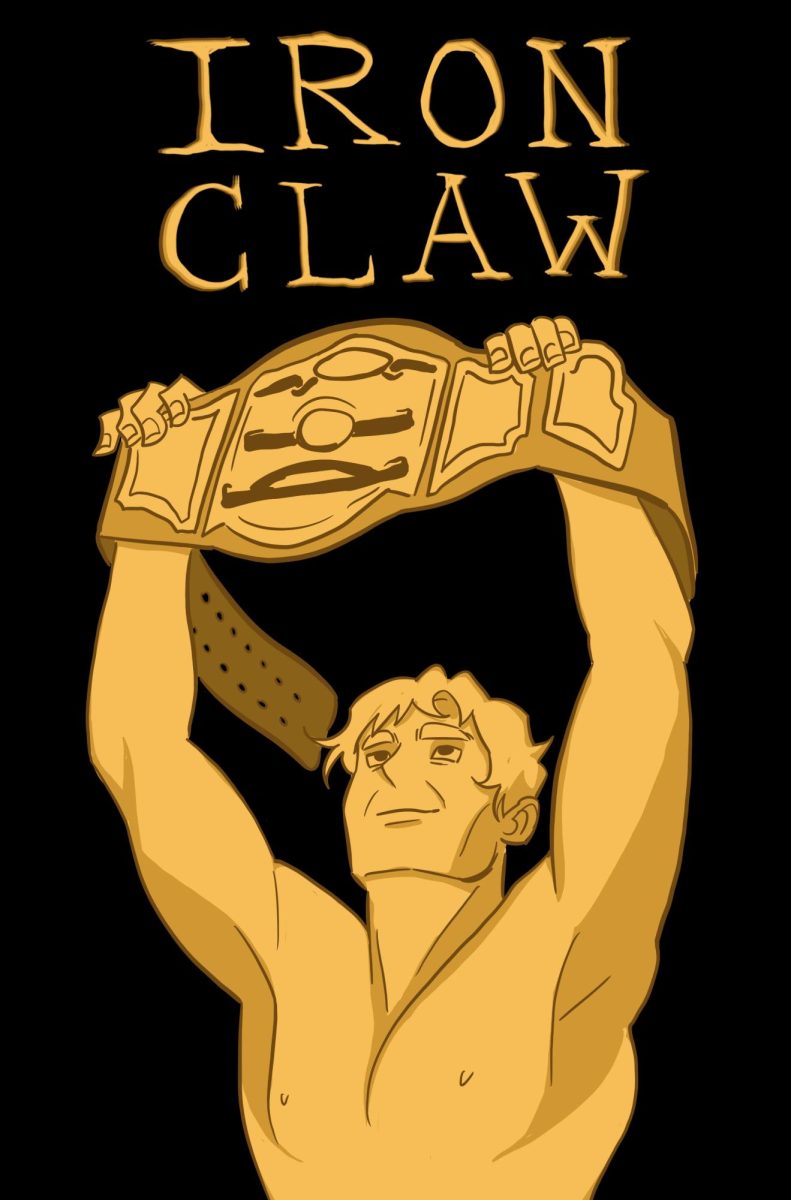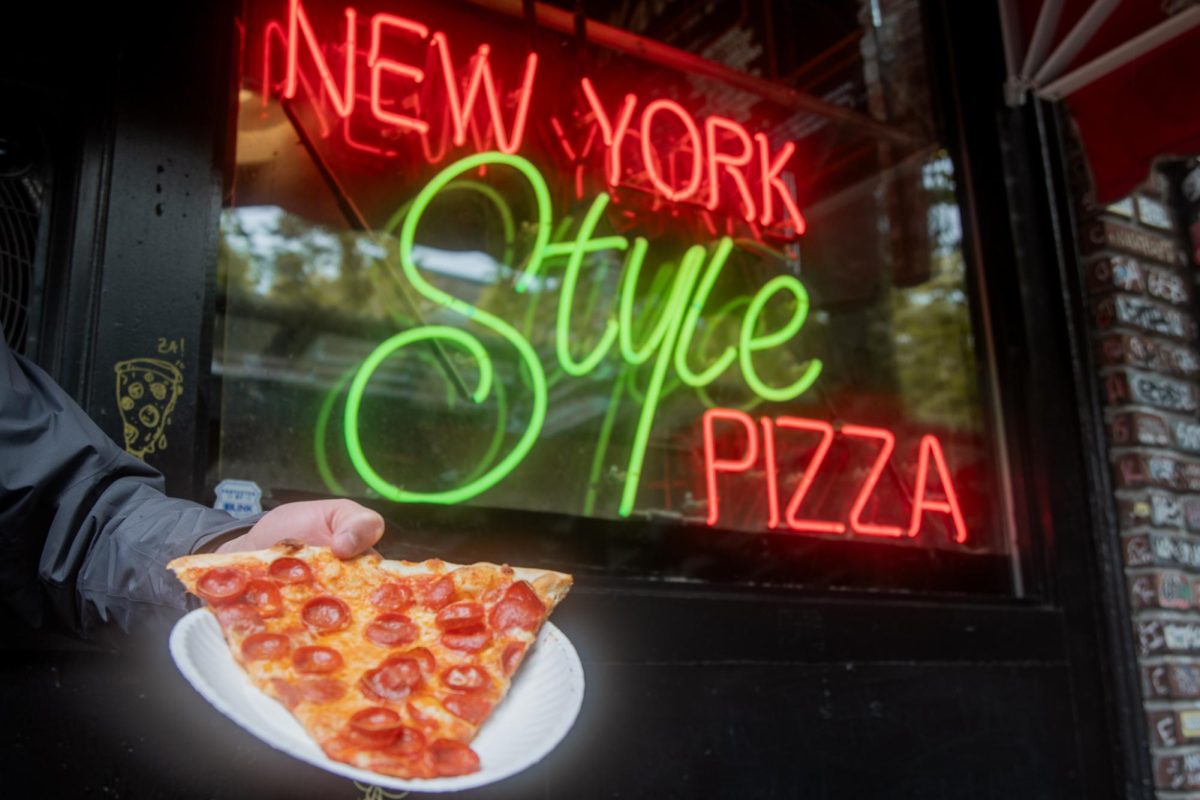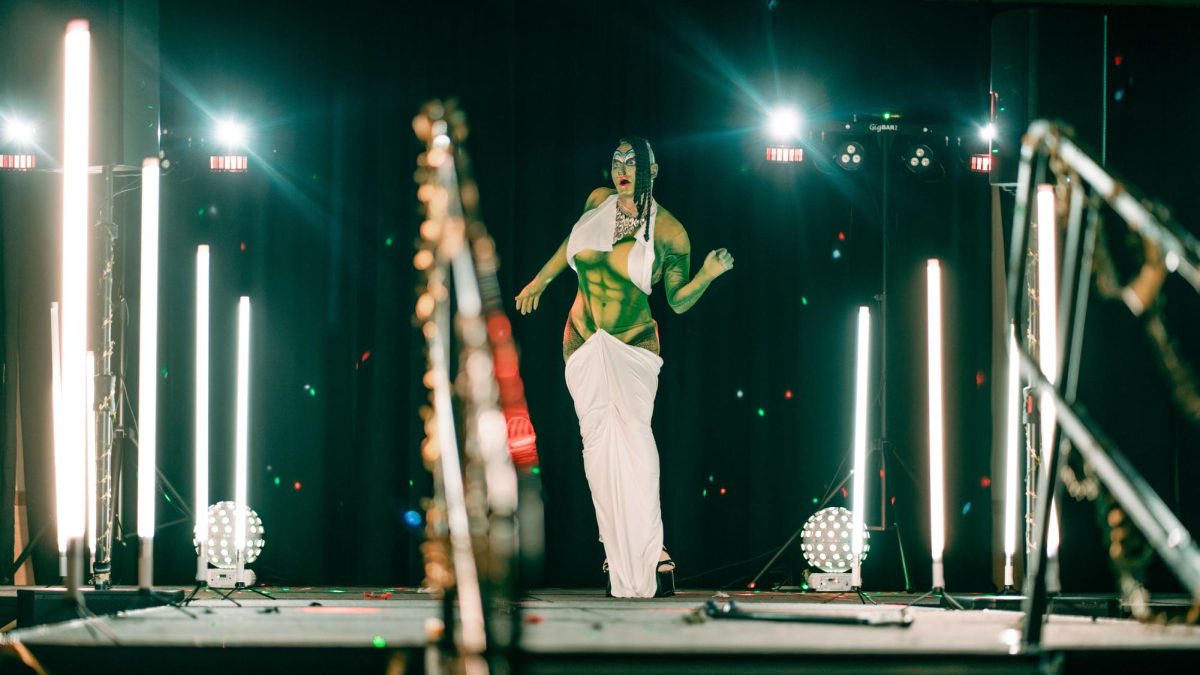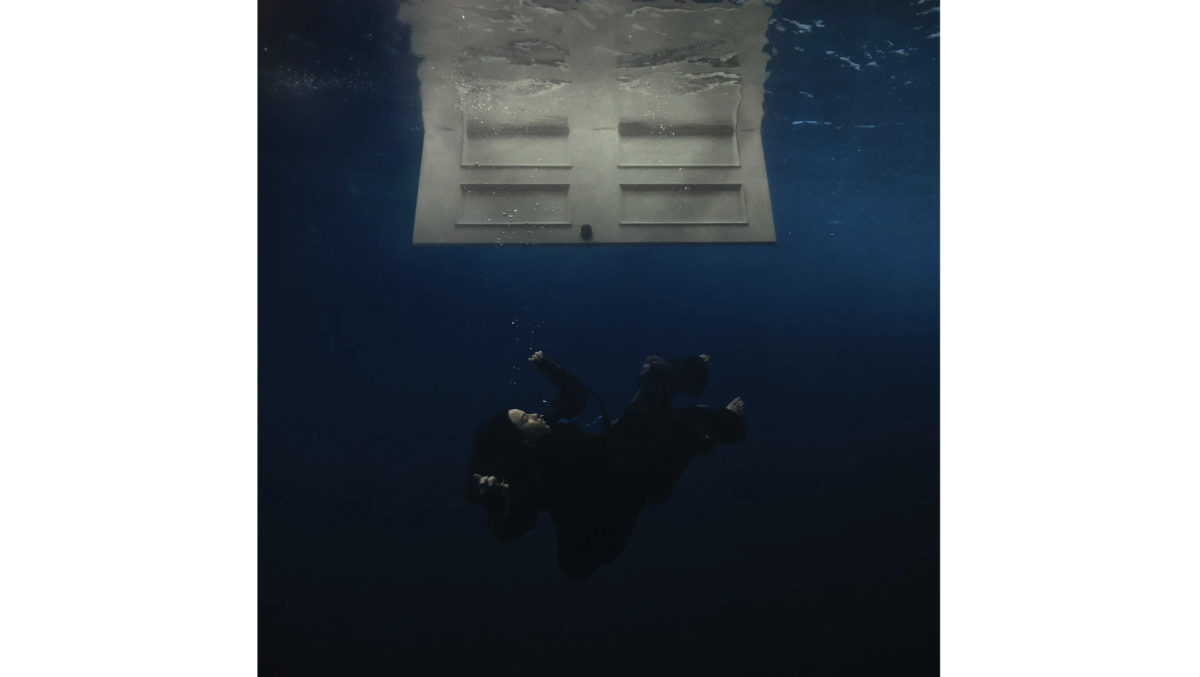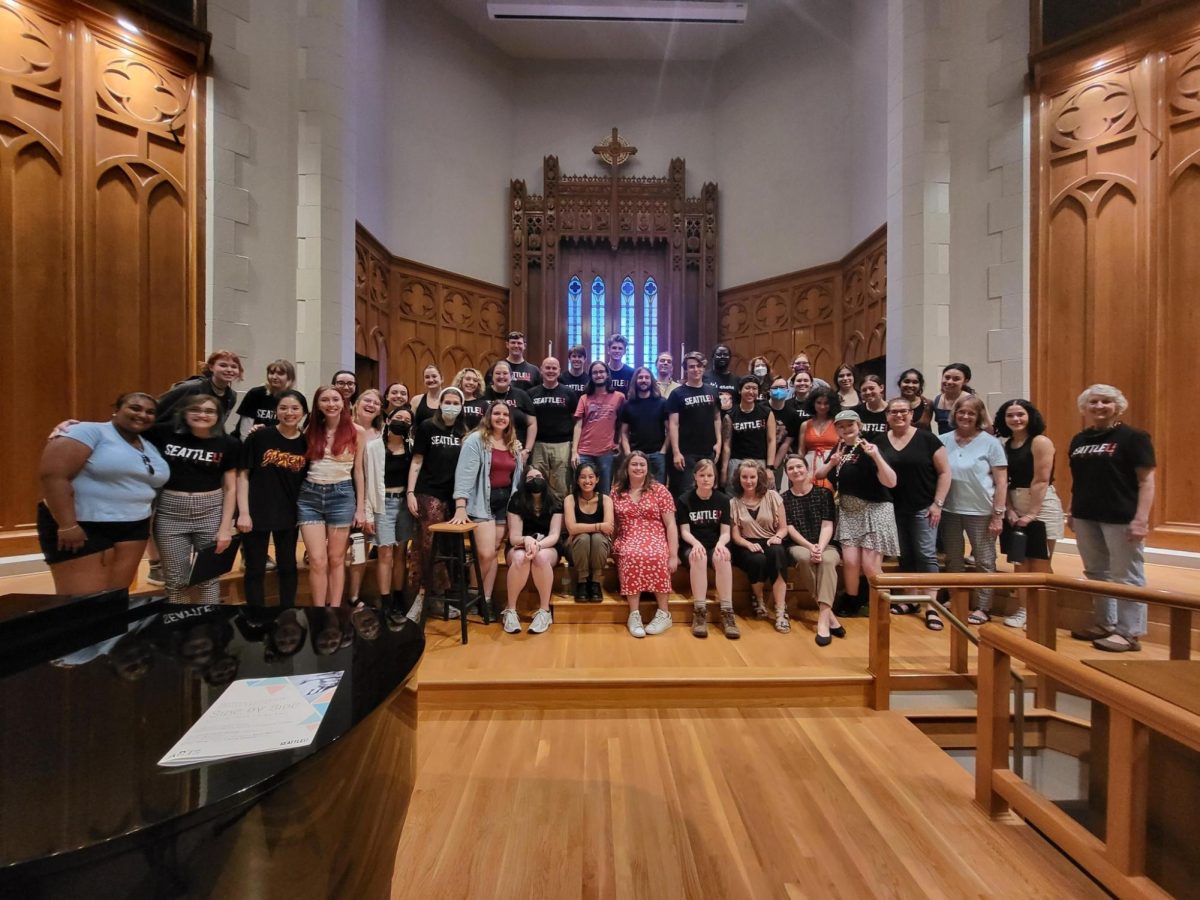Walking home from the Regal Meridian, recovering from Sean Durkin’s “The Iron Claw,” I was both devastated and filled with love. While I could barely feel my fingers thanks to the Seattle freeze, I texted my brother, “I love you,” with the important caveat, “I’m ok, I just saw a wrestling movie.”
Based on the true story of the famous Von Erich family, “The Iron Claw” takes place in Northern Texas where a wrestling dynasty is established in a run-down sportatorium. Following in their father’s footsteps, the four Von Erich Brothers—Kevin, played by Zach Efron, Kerry, played by Jeremy Allen White, David, played by Harris Dickinson, and Mike, played by Stanley Simons—are pushed to their limits inside of the ring, but struggle the most outside of it.
Durkin’s storytelling excels at the start of the film, establishing the brother’s joyful and strong relationships with one another. However, it is soon evident that there is both serious dysfunction and expectation within the family. In an early scene, when eating breakfast together at their home, the father, Fritz Von Erich, reminds them that he has a ranking of all of his sons which could change at any time.
Both narratively and performance-wise, “The Iron Claw” is anchored by its portrayal of Kevin, who has a physique and hairstyle reminiscent of He-Man (buff to the point of bursting, and hair like a helmet). In his role, Efron excels far beyond his days in High School Musical (one, two and even three). Despite his physical appearance, Kevin is emotional, deeply reliant on his relationships with his three brothers, while also trying to live up to his father’s expectations.
Kevin’s relationship with Pam, his love interest and eventual wife, played by Lily James, is not given much focus, but leads to some of the more touching scenes in the film, particularly at their wedding and at the end of the film.
Jeremy Allen White, who many people might recognize for his role in Shameless and the recent television hit, “The Bear,” further proves his abilities in his portrayal of Kerry. A discus thrower set to go to the Olympics, Kerry has his hopes crushed when President Jimmy Carter announces that the country is pulling out of the competition due to it taking place in the Soviet Union. Upon returning home, Kerry is brought into the wrestling fold, and told to pursue his father’s dream of a wrestling world title.
Focusing on the stunts, truly impressive feats are performed inside of the ring. For as much as the WWE is scripted, it is nonetheless a physically demanding and taxing performance. Efron’s Kevin is the most physically imposing of the brothers, but all four fly off of the top rope, or get suplexed onto the concrete, depending on how they perform.
The early 70s and 80s are represented best by the gaudy clothes and haircuts of the Von Erich boys, which are accompanied by a fun, but not show-stopping soundtrack, put together by Richard Reed Parry (a member of the band Arcade Fire).
Throughout the story, there is the eerie feeling that tragedy will occur when good things happen. Kevin provides a recurring narration about the ‘Von Erich Curse,’ an explanation as to why bad things happen to the family, and an argument used by Fritz for why they must fight on. Just as they keep wrestling, they keep drinking the same bottles of beer, and following their father’s footsteps.
However, through the course of the film, it becomes clear that the Iron Claw itself is much more damaging than any curse. Holt McCallany plays an imposing and despicable patriarch who holds each of his sons under an iron grip of expectation, wherein they must live for his ambitions as their own. The childlike nature of the Von Erichs, each dreaming of pleasing their father, is a tragedy, but a relatable one for many young boys raised on toxic masculinity.
For the Von Erichs, this masculinity is just on steroids.
The end of the film is messy, much like the story of the Von Erichs. While the first half had joyful moments of brotherly love and joy, things soon fall apart, but they feel rather one- dimensional as they do. Tragedy happens almost too quickly for there to be any time for Durkin to dwell on and develop characters beyond Kevin.
Nonetheless, tears were in my eyes as two hours of speedos, chest muscles and heartache came to an end. For a notably sappy, and somewhat surreal ending, I could not help but think of and be grateful for my own family.






